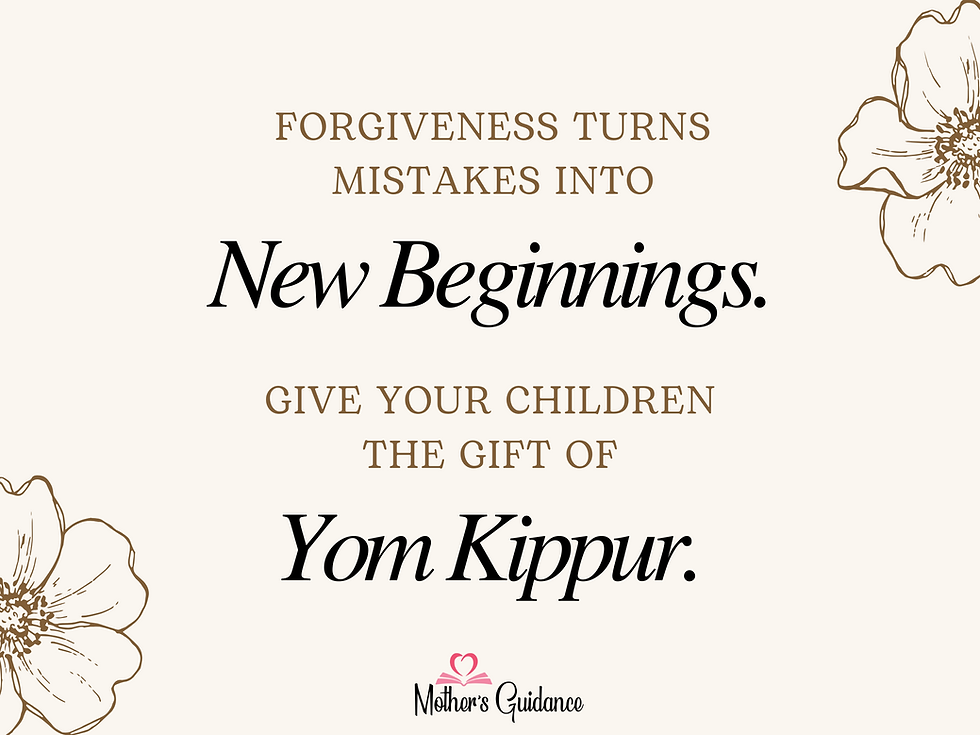Youthful Impatience
- Jun 27, 2023
- 2 min read
Genesis 37:2 introduces us to Joseph at 17 years old, described in Hebrew as a “na’ar,” a lad. The transmitter of Biblical wisdom known as Rashi quotes an earlier source on the words, “and he was a lad,” and tells us that he acted like an adolescent fixing his hair and eyes to look attractive. Doesn’t this sound out of place? The righteous Joseph was a typical teenager? Does that sound right to us? Is that the message of the word “na’ar”?
Rav Shimon Schwab helps us understand the meaning of “na’ar” by looking at Genesis 34:19 where Shechem, the son of Chamor, is also described as a “na’ar.” Rav Schwab notes that in that context, na’ar can’t mean young and adolescent, because Shechem was described as the “prince of the land,” certainly not a boy. The word na’ar is teaching us here that Shechem acted impetuously and impatiently, like a young lad who jumps into action without thinking carefully.
This is the explanation of Joseph too being a na’ar – no he wasn’t acting like a teenager, he was jumping the gun, showing impatience. How? Joseph knew that his dreams weren’t only dreams, but were prophetic visions. He was destined to be a king. Jewish transmission teaches that a king must spend time grooming himself, to the point of cutting his hair daily, so he looks the part. Joseph’s mistake here was youthful impatience. Instead of waiting patiently for the day in the future when he would be crowned king, he started preparing prematurely. The self-grooming Rashi describes is what he would, indeed, one day need to do when king, but it wasn’t right to impatiently begin preparing until the time was right. Being a “na’ar” is equated with a level of impatience.
We all recognize impatience and impulsivity as a youthful trait. From the very first car ride when your preschooler asks, “Are we there yet?” to a teen desperate to drive before getting his license, that is the way youth are! I’d like to suggest that being an adult, specifically a parent, requires a person to put aside this youthful attitude and cultivate its exact opposite, patience and perseverance.
Rabbi Shlomo Wolbe wrote a masterpiece on education, called (in translation) Planting and Building. Rabbi Wolbe tells us that there are two parts to child raising and the first relates to planting—plants grow in a natural organic way, on their own time-table. You can’t force the plant to grow more quickly by tugging at the stems or leaves. You can’t even force them to grow more by drowning them in extra water or giving them trellises and extra support. They will grow at their pace. As we’ve talked about before, raising children is a long-term project; impatience really can’t play a role.
We, mothers, are the ones who can put aside the youthful impatience we once had, and develop long-term patience as we help our children grow and develop at their own pace and in their own time. We all know this is easier said than done, especially when our children’s timetables may seem to be too slow in one area or another, but this principle is very real and profound. The perspective of patience, perseverance, and long-term thinking are gifts that mature parents give to their immature children.




Comments